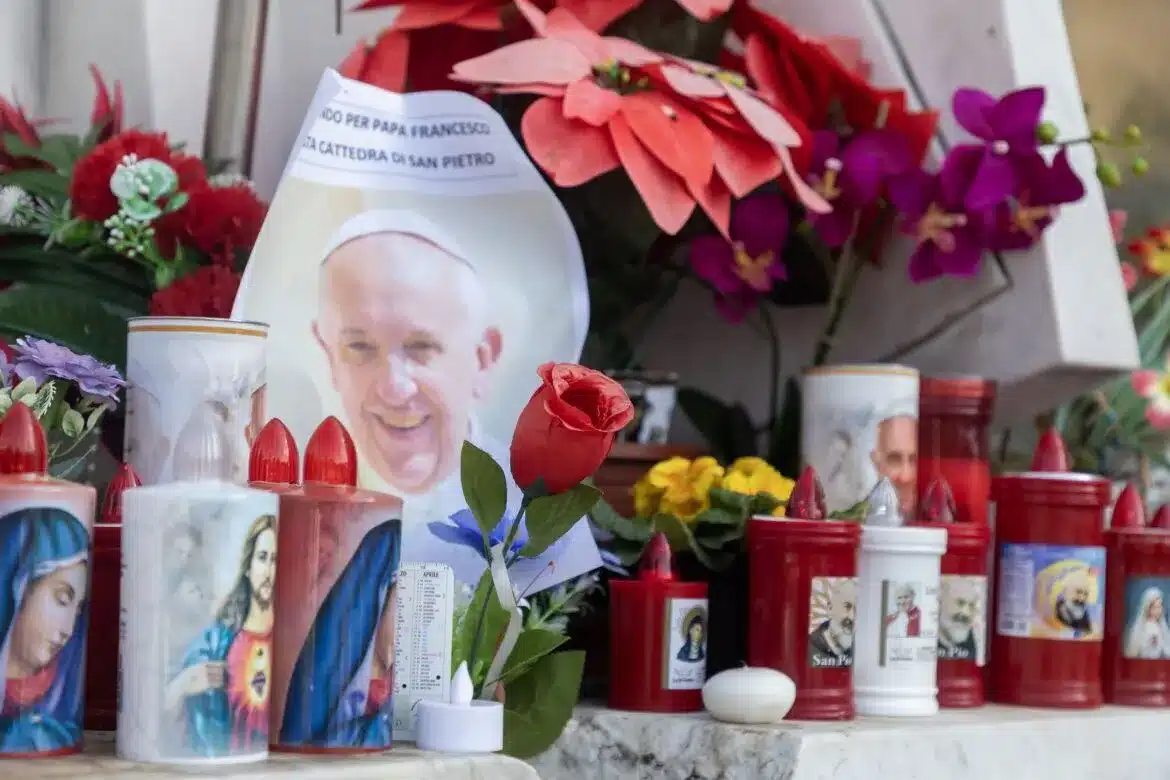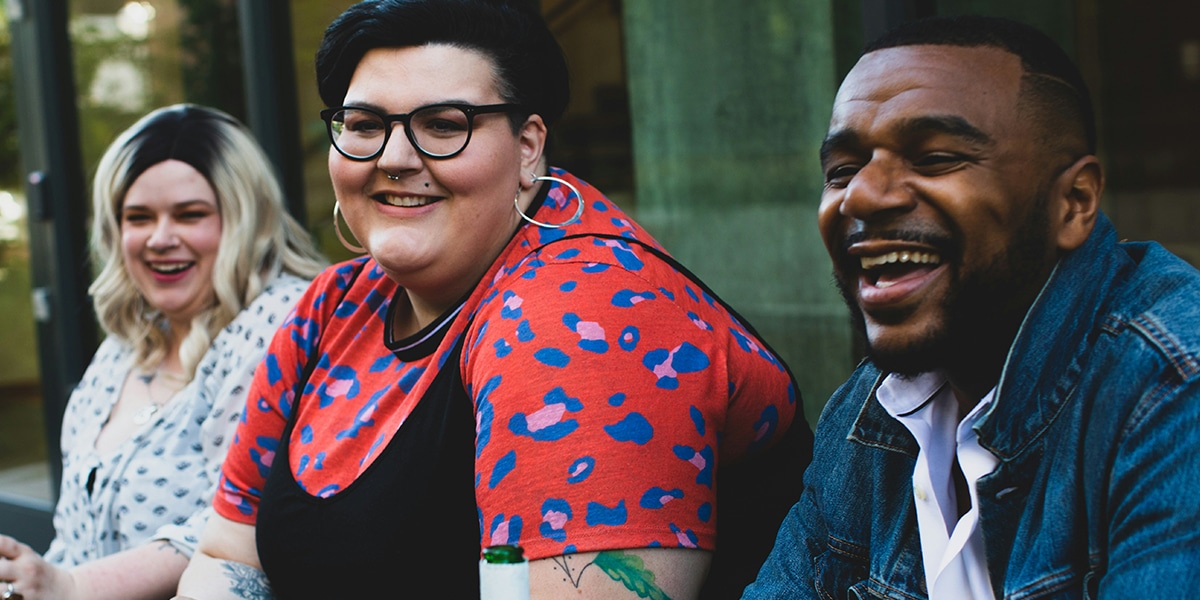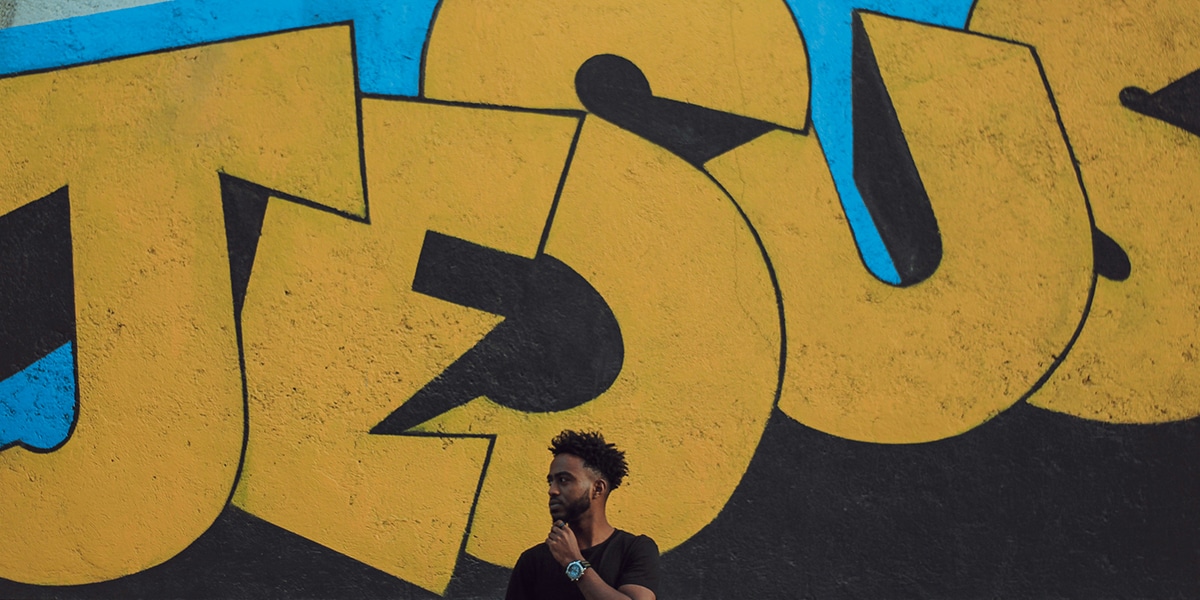If Greta Gerwig’s 2023 blockbuster, Barbie, taught us anything, it’s that audiences are eager for stories about female empowerment. But this is hardly a new phenomenon. Though Hollywood has (at best) a mixed record in female-centric storytelling, it got it right with these nine films.
The Passion of Joan of Arc (1928)
Many cinephiles cite Renée Jeanne Falconetti’s performance in the titular role as the greatest ever rendered to film. Perhaps a more realistic statement would be to call it the first truly great performance in film history. Without the benefit of sound, Falconetti conveys Joan’s anguish, fear, pain, and passion almost entirely through her careworn eyes. The result is a performance that is both of its time and years ahead of it. Defiant while always affixed on God, the actor showcases a world of hurt without an audible word.
The Women (1939)
It’s chatty, catty, and endless fun. The Women—about a group of upper-crust New York socialites who gossip, console, and cajole each other through life’s messes—is in its way revolutionary because the title doesn’t lie: Not a single male actor is seen in the film. The result is a madcap celebration of womanhood and how friendship can mend a broken heart. The cast of Hollywood legends chew the scenery with relish. Just enjoy.
All About Eve (1950)
Perhaps no film of its time has better portrayed the painful journey of aging in the public eye quite like this 1950 classic. Bette Davis, in her greatest screen performance, plays a Broadway legend who wages a winless war against time (as well as a scheming assistant bent on replacing her). Thanks to its Oscar-winning script, the film is really a study of how ego and ambition will inevitably interfere with happiness.
The Color Purple (1985)
Alice Walker’s Pulitzer Prize-winning novel—and its slew of adaptations—tackles poverty, agency, and domestic violence, and it still packs a punch 40 years on. Featuring a cast of luminaries, this timeless tale looks at a group of southern women of color in the first half of the 20th century who band together for emotional support. Whoopi Goldberg is career-defining as Celie, a woman who overcomes abuse, illiteracy, and neglect to reclaim her self-worth. A Tony-winning Broadway musical, and last year’s well-received remake, prove the story’s relevance. But the original is still the gold standard.
Aliens (1986)
Ridley Scott’s Alien (1979) cemented Sigourney Weaver’s Ripley as an action film superstar. But it was James Cameron’s sequel seven years later that made her an icon. In this go-around, she begrudgingly leads a ragtag group of Marines—accompanied by a young girl who rouses Ripley’s maternal instincts—in exterminating an infestation of extraterrestrials. Not for the squeamish, Aliens is a cinematic roller coaster, but at its heart is Ellen Ripley: flawed, fiery, and tenacious in her ability to protect and serve.
The Silence of the Lambs (1991)
Author Thomas Harris’ greatest creation was not, in fact, the doctor with a craving for fava beans and census takers. For my money, it was Clarice Starling, the brilliant but untested FBI trainee who matches wits with one killer to catch another. Brought to life by Jodie Foster, Clarice was ’90s cinema’s most impactful feminist crusader. Though crudely sexualized by males throughout the film, Clarice rises above the limitations put in front of her for the sake of justice—and the actor won an Oscar for her efforts.
Crouching Tiger, Hidden Dragon (2000)
Can a feminist anthem live in concert with a martial arts odyssey? In the hands of director Ang Lee, it’s a resounding yes. More than two decades before Michelle Yeoh won the Oscar for Everything Everywhere All at Once, she was paired with the equally mesmeric Chow Yun-fat as two warriors on a quest to retrieve a legendary sword. The balletic action sequences aside, the film is a Western-inspired tale of personal freedom and societal expectations. Supported by the dazzling Zhang Ziyi as a governor’s daughter on her own quest for independence, Crouching Tiger, Hidden Dragon is an exquisite plunge into the power of womanhood.
Whale Rider (2002)
If you haven’t seen this sleeper from New Zealand, you’re missing a modern-day fable about a Māori girl who bucks convention and expectation to fight for her rightful place among her people. Set in the present day but so infused with mystery and whimsy that it could qualify as a fairy tale, Whale Rider doesn’t pander to its audience. Director Niki Caro is far more interested in a three-dimensional portrait of a latter-day Joan of Arc Jr., who defies an oppressive patriarchy to be the leader she is destined to become.
Wild (2014)
On the surface, this Reese Witherspoon vehicle is about a woman’s journey of grief and healing. But a closer look yields another layer. Witherspoon, also the film’s executive producer, gives the performance of her career as a woman who hikes the Pacific Crest Trail (2,650 miles) to find herself after the death of her mother and descent into destructive behavior. It’s heavy-going, though at its center, it is a simple story about damaged souls and the women who love them through it.








